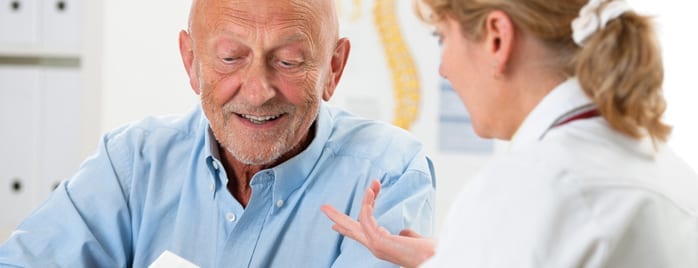April 25, 2014
Diabetes Month
In the UK, diabetes affects approximately 2.9 million people. There are also thought to be around 850,000 people with undiagnosed diabetes. The two main types of diabetes are type 1 diabetes and type 2 diabetes.
So what are the symptoms?
The main symptoms of diabetes are:
- feeling very thirsty
- urinating frequently, particularly at night
- feeling very tired
- weight loss and loss of muscle bulk
Type 1 diabetes can develop quickly, over weeks or even days. Many people have type 2 diabetes for years without realising because early symptoms tend to be general.
What causes diabetes?
The amount of sugar in the blood is usually controlled by a hormone called insulin, which is produced by the pancreas (a gland behind the stomach). When food is digested and enters your bloodstream, insulin moves glucose out of the blood and into cells, where it is broken down to produce energy. However, if you have diabetes, your body is unable to break down glucose into energy. This is because there is either not enough insulin to move the glucose, or the insulin produced does not work properly.
How can you reduce your risk of diabetes?
Move more – that’s the simple advice! Risk of diabetes is strongly like to being overweight, by being more active you can help yourself to reduce your weight and improve your health. Ask your GP practice to get you an appointment with a Health Trainer who can help support you to make a start.
Are you between 40 and 74 years of age? Do you know if you are at risk of diabetes?
A free NHS Health Check is offered to all those people in your age group and can work out your risk of developing diabetes. To make an appointment for a health check please ring your GP practice.
What should YOU do when you are told you are at risk or if you have diabetes already?
The most important thing you can do is to attend your appointments where you will get all the advice, support and check-ups you need so that you can start to make positive changes for your health.

